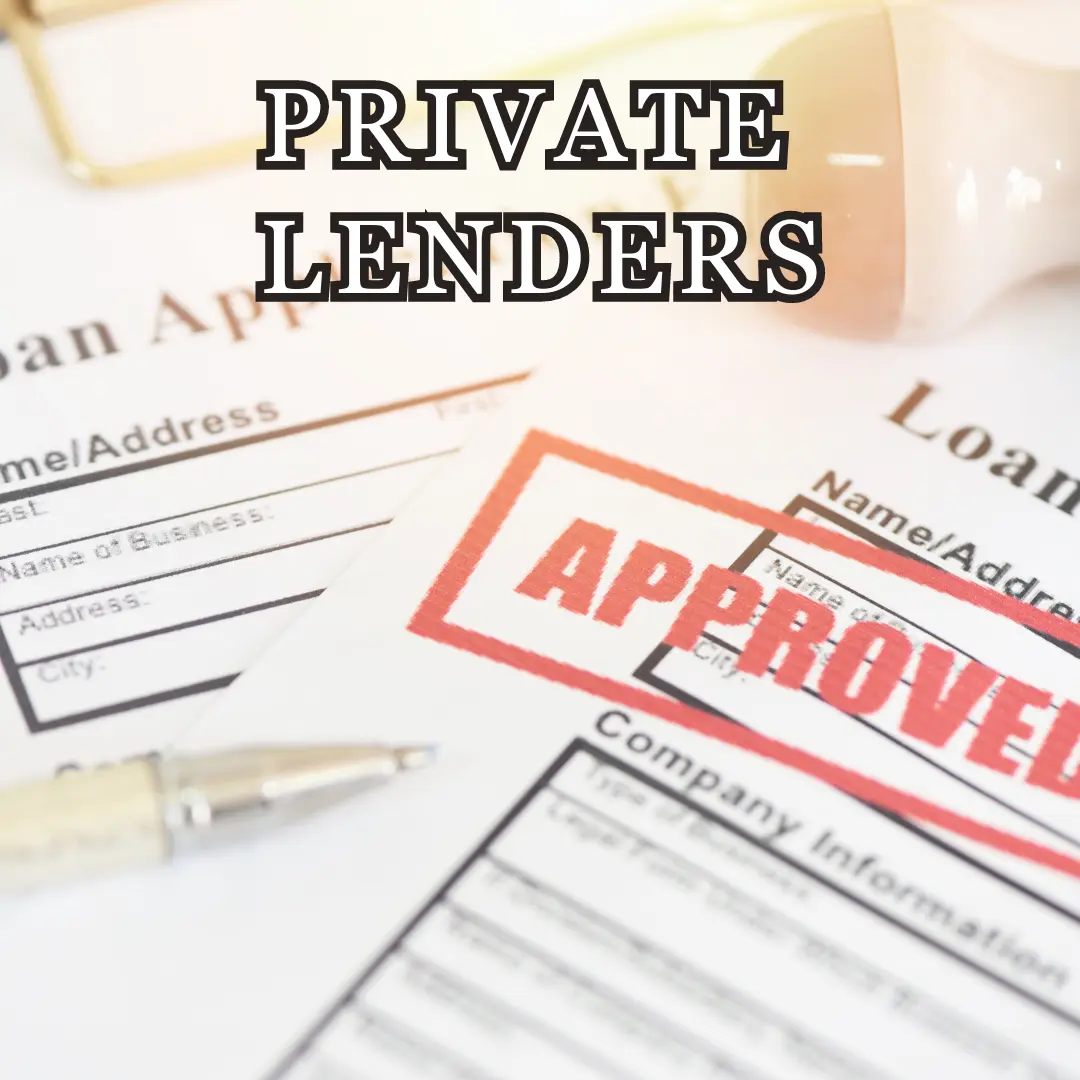How It Works: A Comprehensive Guide to Mortgage Lending for First-Time Customers
Steering the globe of mortgage lending can be intimidating for newbie customers. Recognizing the essential parts like principal, rate of interest, and down settlements is crucial. Additionally, recognizing the various kinds of home loan and the application process can considerably impact one's experience. By exploring essential elements that influence rates of interest, buyers may reveal beneficial understandings. What else should they think about before making such a considerable economic dedication?
Recognizing Mortgage Essentials
When new buyers enter the domain of homeownership, comprehending mortgage fundamentals becomes crucial for making educated choices. A home loan is essentially a loan safeguarded by the residential or commercial property being purchased, permitting individuals to get a home without paying the full price upfront. Purchasers must recognize crucial components, including principal, interest, tax obligations, and insurance coverage, frequently summed up as PITI. The principal is the amount obtained, while passion is the expense of borrowing that quantity, revealed as a percent. Taxes and insurance coverage are additional costs that can markedly affect month-to-month payments. Customers ought to likewise take into consideration the funding term, typically 15 or thirty years, which impacts payment amounts and general passion paid. Understanding credit scores is vital, as they affect loan eligibility and rate of interest. Realizing these essential principles equips newbie customers to browse the mortgage landscape with confidence and make choices that line up with their financial objectives.
Sorts Of Mortgage Loan
When thinking about mortgage alternatives, first-time purchasers commonly run into 2 key kinds: fixed-rate and variable-rate mortgages. Fixed-rate mortgages use security with constant settlements over the lending's term, while adjustable-rate home loans can offer reduced first prices that might change gradually. Comprehending these differences is important for making a notified decision.
Fixed-Rate Mortgages
Fixed-rate home mortgages give security and predictability for newbie homebuyers maneuvering the complexities of home funding. With a fixed-rate mortgage, the rate of interest stays continuous throughout the financing term, typically ranging from 15 to 30 years. This regular rate allows buyers to intend their budget plans efficiently, recognizing that their month-to-month repayments will not vary. First-time purchasers gain from this framework as it gets rid of unpredictability in lasting monetary commitments. In addition, fixed-rate mortgages usually feature lower initial prices compared to adjustable-rate choices, making them an attractive selection for those wanting to develop home equity over time. On the whole, fixed-rate home loans supply a simple course to homeownership, suitable for people looking for long-lasting economic safety and security.
Adjustable-Rate Mortgages
For new property buyers looking for flexibility, adjustable-rate mortgages (ARMs) can supply an appealing option to fixed-rate car loans. ARMs generally use reduced first interest rates, making month-to-month settlements more budget-friendly in the early years. These rates fluctuate after an initial fixed period, which can lead to increased payments over time. Customers ought to comprehend the index and margin that establish future price modifications. Commonly, ARMs have change periods of one, 3, or five years, with routine caps to limit just how much rates can raise at each adjustment. While ARMs can be beneficial for those planning to offer or re-finance before the rate changes, they likewise carry risks if market problems transform substantially. Thorough study is essential for educated decision-making.
The Mortgage Application Process

Secret Aspects Affecting Rate Of Interest

Down Repayments and Closing Expenses
Comprehending deposits and closing prices is essential for first-time homebuyers, company website as these costs substantially influence the total cost of a home loan. A down settlement is the first quantity paid in the direction of the home's purchase price, normally revealed as a portion. It can vary from as low as 3% to 20% or more, depending on the funding kind and loan provider requirements. A larger deposit can decrease monthly mortgage settlements and remove personal mortgage insurance coverage (PMI), which safeguards lenders in case of default.Closing costs, on the other hand, incorporate different fees sustained throughout the home-buying process. These might consist of financing source charges, appraisal fees, title insurance, and attorney costs, normally amounting to 2% to 5% of the home's purchase rate. Novice customers should allocate both down settlements and closing prices to ensure they can secure their mortgage and efficiently navigate the home-buying procedure.
Tips for First-Time Homebuyers
What crucial pointers can novice buyers follow to browse the commonly difficult procedure of acquiring a home? Setting a realistic spending plan is vital. Purchasers should examine their economic situation, including earnings, expenses, and prospective mortgage settlements. Next, acquiring pre-approval for a home mortgage can offer clearness on what one can pay for and reinforce their position when making an offer.Researching communities is just as essential; purchasers need to consider elements such as services, colleges, and future growths. Additionally, it is recommended to deal with a certified real estate agent who can supply valuable insights and assistance throughout the purchasing process.Home examinations should not be neglected, as they can discover concealed concerns that may affect long-lasting contentment. Finally, buyers ought to stay client and versatile, recognizing that locating the appropriate home might require time. By adhering to these pointers, new property buyers can come close to the market with confidence and knowledge.
Frequently Asked Inquiries
What Records Are Required for Mortgage Pre-Approval?
For mortgage pre-approval, people usually need to supply revenue confirmation, employment background, credit scores reports, income tax return, financial institution declarations, and details of any kind of financial obligations (Private Mortgage Lenders Savannah GA). These files aid loan providers examine economic capability and figure out finance eligibility
Can I Obtain a Home Loan With Bad Credit Rating?

Several lenders consider candidates with negative credit scores, though terms might differ. Higher rate of interest or larger deposits could be needed. Discovering options with specialized lending institutions or government programs can likewise boost chances for approval.
For how long Does the Mortgage Authorization Process Take?
The mortgage approval website here procedure typically takes in between 30 to 45 days. Aspects affecting this timeline consist of the loan provider's performance, the borrower's economic documents, and the complexity of the finance application. Hold-ups may take place as a result of added requirements.
What Occurs if I Miss a Home Loan Repayment?
If a home mortgage settlement is missed advice out on, late costs might be sustained, and credit rating can experience. Extended non-payment may result in repossession procedures, prompting the lender to recover the residential property after a collection of cautions.
Can I Re-finance My Mortgage Later On?
Re-financing a mortgage later on is often feasible, enabling house owners to adjust their finance terms, rates of interest, or month-to-month payments. Nevertheless, eligibility relies on credit rating, present market conditions, and the existing mortgage's terms. Private Mortgage Lenders Savannah GA.